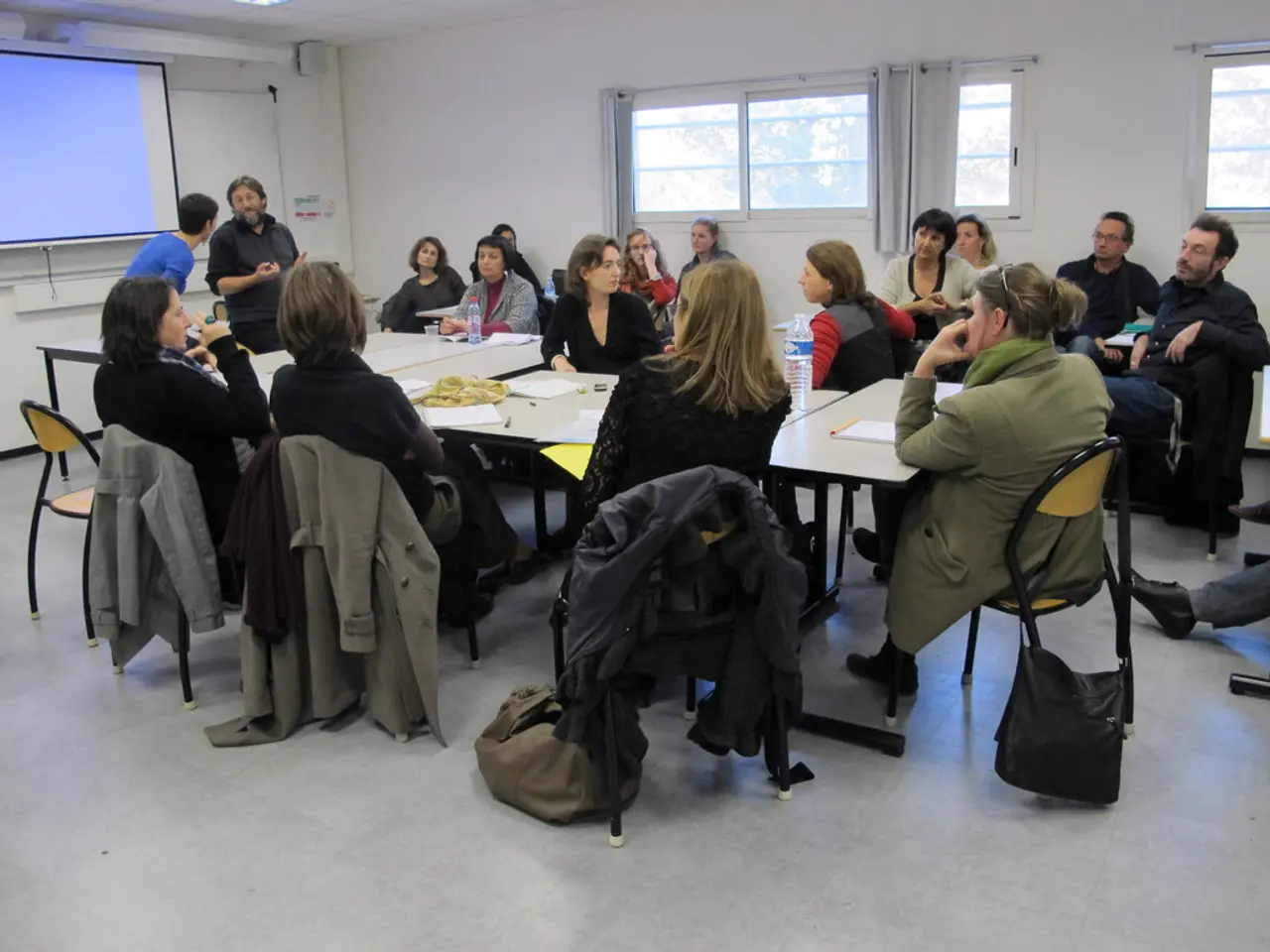Establishing Limits: The Necessity of Defining Personal Barriers
In our daily lives, it's essential to balance kindness with self-preservation. This balance can be achieved by employing strategies such as setting clear boundaries, learning to say no confidently, delegating tasks, and maintaining self-respect.
Firstly, setting clear emotional and practical boundaries is crucial. By defining what you are willing and able to do, and communicating these limits kindly but firmly, you prevent emotional or physical drain while still being compassionate. This allows you to reclaim your time, an invaluable asset, and foster a healthier emotional well-being.
Learning to say "no" directly and confidently without over-explaining is another key strategy. A calm tone with firm words helps maintain respect for yourself and others. It's important to remember that saying no to others means saying yes to oneself, and it's not a sign of impoliteness but rather a defence of your time and effort.
Delegating tasks is particularly important in caregiving situations. By sharing responsibilities, you can preserve your energy and avoid burnout. Surrounding yourself with supportive people can make it easier to stop being overly kind and assertive, which in turn can help you strike a healthier balance.
When encountering disrespectful or draining situations, it's essential to disengage calmly. This can be as simple as walking away or removing yourself physically from the situation, preserving your energy for healthier relationships.
Practicing self-compassion and emotional awareness is also vital in this process. Understanding your limits and choosing adaptive coping strategies instead of maladaptive ones enhances your ability to maintain a balance between selflessness and self-preservation.
Learning mindfulness or reflective practices, such as those from Buddhist teachings, can further support long-term emotional well-being. These practices can help you appreciate your inherent worth, love yourself, and increase your confidence in everyday circumstances.
In conclusion, being kind does not require sacrificing your own well-being. By employing firm, clear boundaries, confident refusal when needed, delegating responsibilities, and self-respect through calm disengagement, you can sustain kindness without self-neglect. Remember, you don't have to burn yourself to keep others warm. Instead, strive for a balance that ensures your generosity doesn't come at the price of your fulfillment.
[1] Source for boundary setting and emotional well-being [2] Source for saying no and self-respect [3] Source for self-compassion and emotional awareness [4] Source for disengaging from disrespectful situations [5] Source for mindfulness and emotional well-being
Self-discovery in the realm of education-and-self-development can offer valuable insights when setting boundaries and fostering emotional well-being. Engaging in personal-growth activities, such as workshops or online courses, can provide strategies for maintaining self-respect and assertiveness.
Resources from the field of health-and-wellness, particularly mental-health focused research, highlight the importance of mindfulness and self-compassion in promoting emotional balance. Incorporating these practices into daily life can contribute to enhanced mental-health and overall well-being.
In the pursuit of long-term personal-growth, consideration of science-based approaches in health-and-wellness and education-and-self-development can be integrated to maintain a focus on both selflessness and self-preservation. The synergistic combination of these practices ensures a sustainable approach to living a kind, meaningful life without compromising one's own health and well-being.




